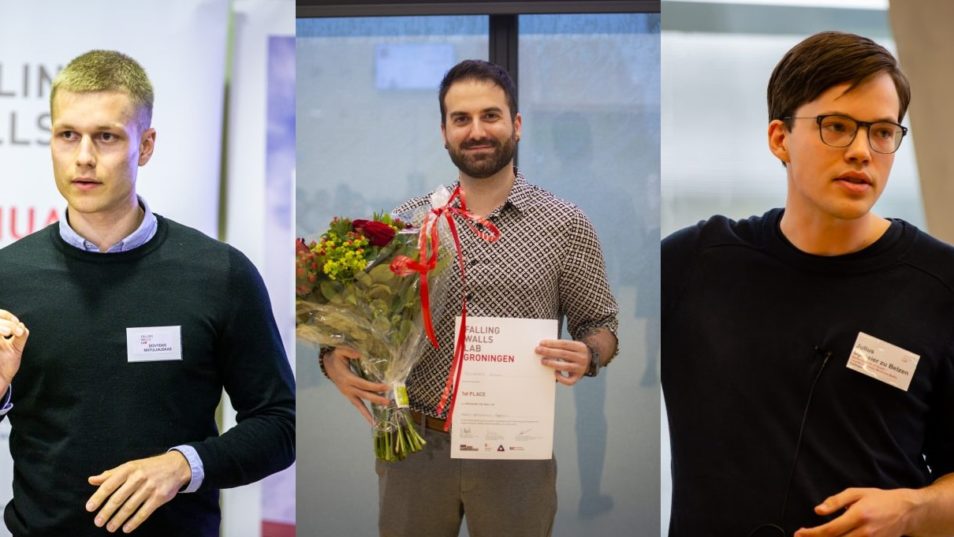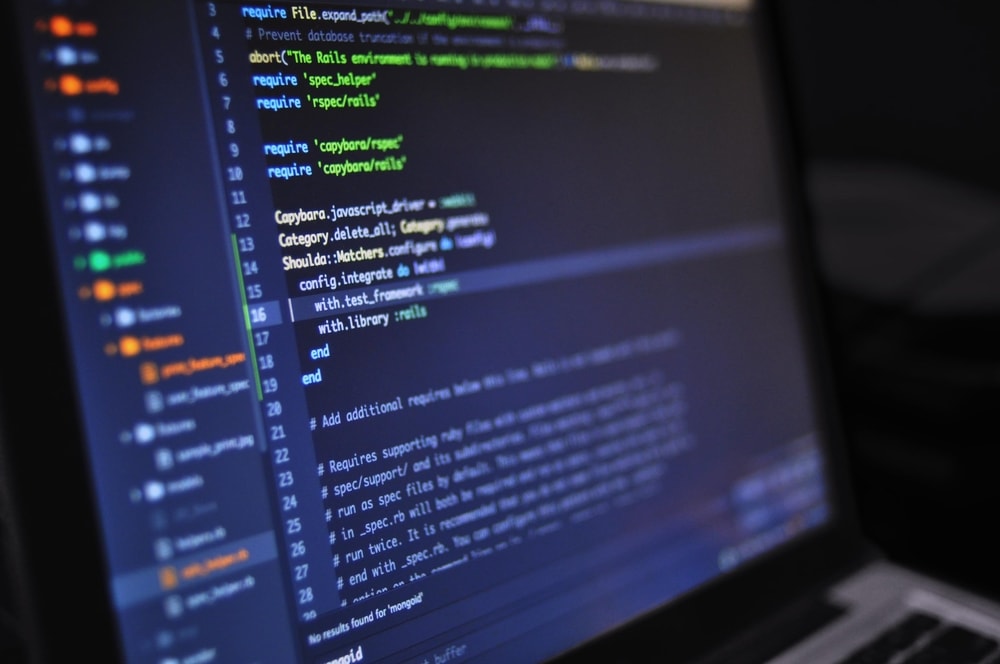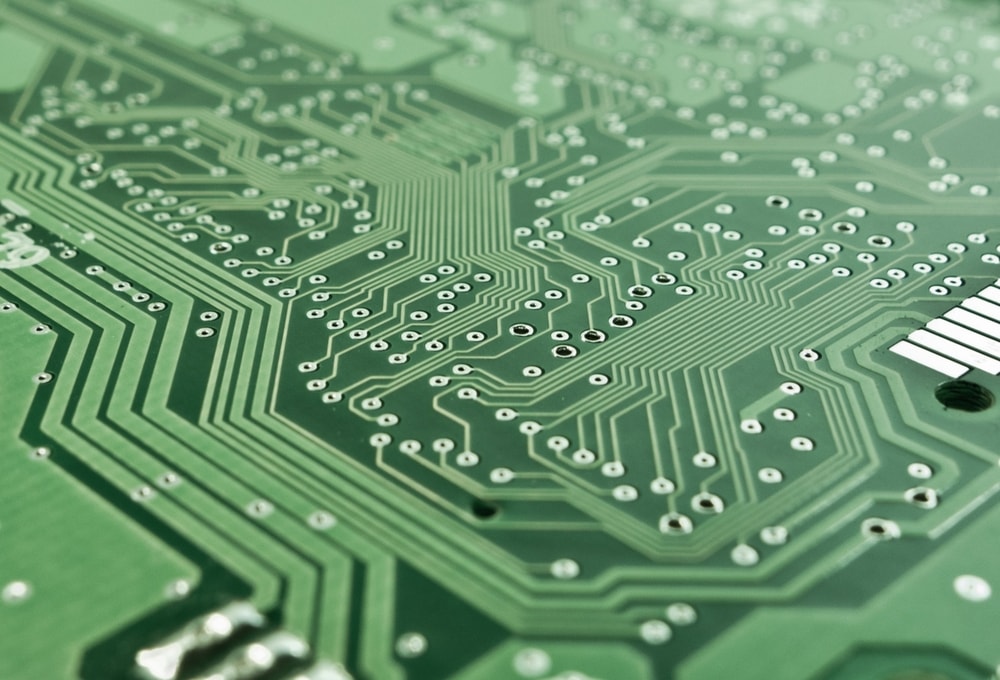Artificial Intelligence: 3 finalists, 3 questions
 © Falling Walls Foundation
© Falling Walls Foundation
Dovydas Matuliauskas (FWL Lithuania winner), Alessandro Grillini (FWL Groningen winner), and Julius Upmeier zu Belzen (FWL Adlershof winner) will participate in the global Falling Walls Lab Finale on 8 November in Berlin, and talked with us about their field of research and its importance.
Falling Walls: When did you decide to dedicate your research career to artificial intelligence and why?
Dovydas: I became particularly interested in the field of artificial intelligence in medicine when I was a 3rd year medical student (I am currently a 4th year medical student). I read articles about it and later co-founded a start-up named Ligence.
Our team is developing machine learning algorithms to help physicians with heart ultrasound imaging. I find the field of artificial intelligence in medicine interesting because it is a recently emerging, still relatively underexplored one, and one which I believe will bring numerous benefits to healthcare in the very near future.
Alessandro: O primeiro contato que eu tive com a inteligência artificial foi lá em 2008 ou 2009. Meu projeto de formatura no colegial era uma máquina de vetores de suporte, projetada para reconhecer sinalização rodoviária e permitir a implementação de um limitador de velocidade. Eu programo desde os 14 ou 15 anos e eu amo tudo que tem a ver com números, mas meus principais interesses de pesquisa acabaram por ser os mecanismos neurais subjacentes à percepção visual e ao movimento ocular.
Alessandro: The first exposure I had to artificial intelligence was back in 2008-2009: My graduation project in high school was a support-vector-machine classifier to recognize road signs to enable a speed limiter. I have been coding since I was 14-15 years old and I love everything that revolves around numbers, but my primary research interests turned out to be the neural mechanisms underlying visual perception and eye-movements.
I put artificial intelligence on hold for about 7 years until 2016, when I started developing a test to link eye-movement properties to neuro-degenerative diseases. As I was dealing with large amounts of data and complex non-linear models, artificial intelligence seemed to be the obvious answer to my problem. I am not an expert in this field by any means, but I am a passionate learner and I like to keep myself up to date.
Julius: In 2017 I was on Heidelberg’s team for the international genetically engineered machine competition (iGEM) and worked on our software project. We built a neural network that accurately predicts the function of a protein based on its amino acid sequence.
Out of curiosity, I started to investigate what the network focuses on and how that relates to important properties in proteins, and I found astonishing connections. Eventually, we showed that one can use these analyses to learn more about where proteins bind other molecules, are catalytically active, and more. This idea, that we can learn something from our learning algorithms, is so fascinating to me that it is what I am working on.

Falling Walls: What role do you see artificial intelligence having in our future society?
Dovydas: I am more focused on artificial intelligence in medicine, where I see it as an ultimate assistant in daily medical practice. There are quite a lot of new commercial products already entering the market which will help us deal with the problem of workforce insufficiency in healthcare and physician burnout, will increase patient admission rates, and will eventually make medicine more accessible.
Alessandro: I think artificial intelligence will have a very pervasive role in our society. Even nowadays artificial intelligence runs in the backend of many things which most people would never suspect. Artificial intelligence itself, however, could be either a great ally or a great danger for the society of tomorrow: the need for clear regulations in artificial intelligence development and application is of paramount importance, now more than ever.
These regulations will have to take into account both technological and ethical aspects if we want to thrive with artificial intelligence, and not succumb to its inevitable omnipresence. Overall, I consider myself a cautious optimist, and I believe that artificial intelligence will enable an unprecedented acceleration in human progress.
Julius: For the near future, I think AI will help us with many small tasks with increasing quality. I expect (and hope) that learning algorithms will take care of many tasks that we consider boring and repetitive. Hopefully, we will manage to use the time we gain through this to work on more interesting, more creative things – and maybe even work less. That will of course change our society. To make this a change for the better for all of us, we need to augment technical developments with ethical, political, economic, and social ones.

Falling Walls: Which walls do you think will artificial intelligence break down in science and society in the next twenty years?
Dovydas: I believe the most apparent results will be seen in patient admission and workload reduction. There are currently queues of patients and uninterpreted medical images building up in hospitals all across Europe. These problems will be tackled very quickly with the help of artificial intelligence. I even dare to think that artificial intelligence will also help in diagnosis and treatment if we make a large enough database of patients to teach neural networks.
If such problems are solved, medical practitioners could spend more time with patients, and do more scientific work. It is like owning a dishwasher. How much time did we spend washing dishes before they were around? Now we can focus on more interesting things. The same applies to medicine.
Alessandro: I am almost certain that walls will be broken in healthcare and medicine, although I might be biased. They are a natural ground for the application of artificial intelligence: An enormous amount of medical data is produced on a daily basis, and what doctors try to answer usually falls under two categories: “Which disease corresponds to these symptoms?” and “How will the disease progress over time?”
Diagnosis (classification) and prognosis (prediction) are two things in which artificial intelligence definitely excels. This will hopefully lead to a better overall healthcare system, which is less expensive and more egalitarian.
Julius: The first thing that came to my mind was language barriers. We are very close to developing applications that allow real-time conversation across languages. Such tools have an enormous potential to bring people with all kinds of backgrounds, from all over the world, closer together. One of the most interesting scientific challenges, in my view, is predicting organism level consequences of changes in an organism’s genome. In order to achieve this, one has to bridge many different levels of complexity, from the individual DNA molecules over cells, tissues, and organs, including interactions within these and with their respective environments. But, if this is at all possible, I could imagine that we will see this in the next twenty years. Of course, it would be even better if the AI not only gives us predictions, but can be used to explain what is fundamentally responsible for the effects we observe and predict.
Source: Falling Walls Fragments
